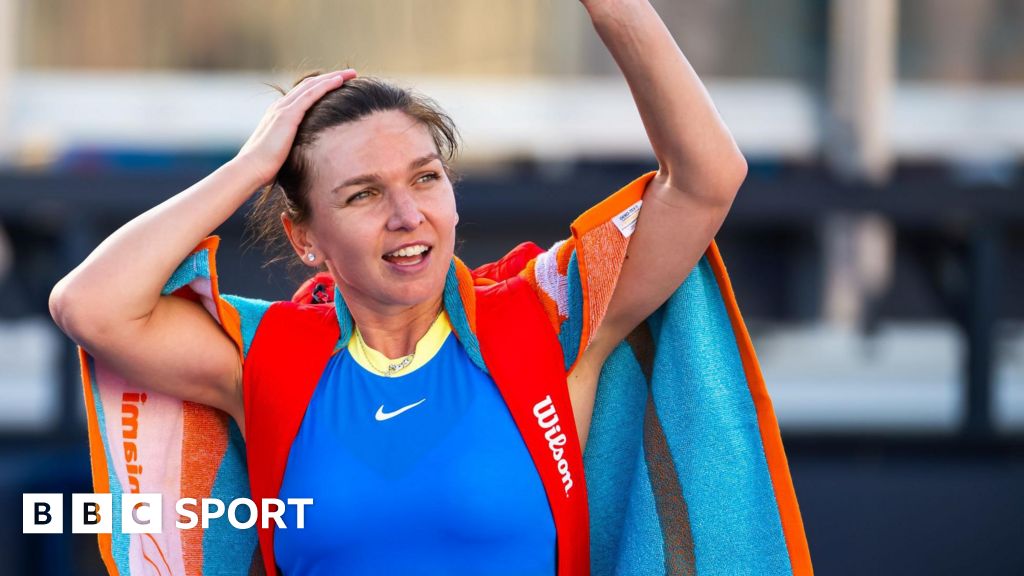
Moore, 31, was banned in May 2022 after boldenone and nandrolone – anabolic steroids on Wada’s banned list – were found in her system.
In December 2023, an independent panel ruled meat eaten while she was playing in Colombia was the source of both substances.
After the ruling, Moore described “19 months of emotional distress” where she watched her “reputation, ranking and livelihood slowly trickle away”.
However, the case is not yet over. The ITIA is appealing against the ruling that both of the substances in her system were a result of contaminated meat.
Moore resumed her career at a low-level event in Sardinia this week, a month after launching a fundraising page to help her comeback.
Majchrzak estimates he spent “100,000 or 150,000 euros” fighting his case, still dipping into savings as he travels the world trying to rebuild his career.
A player is unranked when they return, relying on wildcards from sympathetic tournament directors to enter events.
Majchrzak feels “blessed” to have been invited to play on the lowest rung of the ladder in Tunisia and Egypt.
The small number of ranking points gained has been an invaluable springboard.
It encouraged him to travel to Rwanda to play in two events on the ATP Challenger Tour – the tier below the main ATP Tour – and he took advantage of a small entry list to play. He ended up winning one of the titles.
This month he travelled to more Challenger events in China and Taiwan, without guaranteed entry to tournaments but with hope of making qualifying.
“I am still suffering financially – I still have to live, I still have to eat, I still have to function,” Majchrzak said.
“Playing the futures, I have to travel there and I’m still losing money. I have kept losing money for the past 16 months.”